Arthur Besse
cultural reviewer and dabbler in stylistic premonitions
- 83 Posts
- 312 Comments
$ systemd-analyze calendar tomorrow Failed to parse calendar specification 'tomorrow': Invalid argument Hint: this expression is a valid timestamp. Use 'systemd-analyze timestamp "tomorrow"' instead? $ systemd-analyze timestamp tuesday Failed to parse "tuesday": Invalid argument Hint: this expression is a valid calendar specification. Use 'systemd-analyze calendar "tuesday"' instead?ಠ_ಠ
$ for day in Mon Tue Wed Thu Fri Sat Sun; do TZ=UTC systemd-analyze calendar "$day 02-29"|tail -2; done Next elapse: Mon 2044-02-29 00:00:00 UTC From now: 19 years 4 months left Next elapse: Tue 2028-02-29 00:00:00 UTC From now: 3 years 4 months left Next elapse: Wed 2040-02-29 00:00:00 UTC From now: 15 years 4 months left Next elapse: Thu 2052-02-29 00:00:00 UTC From now: 27 years 4 months left Next elapse: Fri 2036-02-29 00:00:00 UTC From now: 11 years 4 months left Next elapse: Sat 2048-02-29 00:00:00 UTC From now: 23 years 4 months left Next elapse: Sun 2032-02-29 00:00:00 UTC From now: 7 years 4 months left
(It checks out.)
Surprisingly its calendar specification parser actually allows for 31 days in every month:
$ TZ=UTC systemd-analyze calendar '02-29' && echo OK || echo not OK Original form: 02-29 Normalized form: *-02-29 00:00:00 Next elapse: Tue 2028-02-29 00:00:00 UTC From now: 3 years 4 months left OK $ TZ=UTC systemd-analyze calendar '02-30' && echo OK || echo not OK Original form: 02-30 Normalized form: *-02-30 00:00:00 Next elapse: never OK $ TZ=UTC systemd-analyze calendar '02-31' && echo OK || echo not OK Original form: 02-31 Normalized form: *-02-31 00:00:00 Next elapse: never OK $ TZ=UTC systemd-analyze calendar '02-32' && echo OK || echo not OK Failed to parse calendar specification '02-32': Invalid argument not OK

 1·1 day ago
1·1 day agoFunny that blog calls it a “failed attempt at a backdoor” while neglecting to mention that the grsec post (which it does link to and acknowledges is the source of the story) had been updated months prior to explicitly refute that characterization:
5/22/2020 Update: This kind of update should not have been necessary, but due to irresponsible journalists and the nature of social media, it is important to make some things perfectly clear:
Nowhere did we claim this was anything more than a trivially exploitable vulnerability. It is not a backdoor or an attempted backdoor, the term does not appear elsewhere in this blog at all; any suggestion of the sort was fabricated by irresponsible journalists who did not contact us and do not speak for us.
There is no chance this code would have passed review and be merged. No one can push or force code upstream.
This code is not characteristic of the quality of other code contributed upstream by Huawei. Contrary to baseless assertions from some journalists, this is not Huawei’s first attempt at contributing to the kernel, in fact they’ve been a frequent contributor for some time.

 71·3 days ago
71·3 days agoWasn’t Huawei trying to put a Backdoor into linux?
as far as i know, that has not happened.
what makes you think it did?

 53·6 days ago
53·6 days agofremdscham++😬

 12·13 days ago
12·13 days agoThe headline should mention that they’re breaking 22-bit RSA, but then it would get a lot less clicks.
A different group of Chinese researchers set what I think is the current record when they factored a 48-bit number with a quantum computer two years ago: https://arxiv.org/abs/2212.12372
I guess the news here is that now they’ve reached 22 bits using the quantum annealing technique which works on D-Wave’s commercially-available quantum computers? That approach was previously able to factor an 18-bit number in 2018.
🥂 to the researchers, but 👎 to the clickbait headline writers. This is still nowhere near being a CRQC (cryptanalytically-relevant quantum computer).

 10·20 days ago
10·20 days agoAll two-letter TLDs are ccTLDs.
However, several of them are not in ISO 3166-1.

 2·23 days ago
2·23 days agoOr you could just… learn to use the modern internet that 60% of internet traffic uses? Not everyone has a dedicated IPv4 anymore, we are in the days of mobile networks and CGNAT. IPv4 exhaustion is here today.
Where are you getting 60%? Google’s IPv6 Adoption page has it under 50% still:

(while other stats pages from big CDNs show even less)

 1·24 days ago
1·24 days agoIf you have
::/0in your AllowedIPs and v6 connections are bypassing your VPN, that is strange.What does
ip route get 2a00:1450:400f:801::200e(an IPv6 address for google) say?I haven’t used wireguard with NetworkManager, but using
wg-quickit certainly adds a default v6 route when you have::/0inAllowedIPs.

 2·24 days ago
2·24 days agoYou could edit your configuration to change the wireguard connection’s
AllowedIPsfrom0.0.0.0/0to0.0.0.0/0,::/0so that IPv6 traffic is routed over it. Regardless of if your wireguard endpoint actually supports it, this will at least stop IPv6 traffic from leaking.

 3·24 days ago
3·24 days agoipv4 with an extra octet
that was proposed as “IPv4.1” on April 1, 2011: https://web.archive.org/web/20110404094446/http://packetlife.net/blog/2011/apr/1/alternative-ipv6-works/

 81·1 month ago
81·1 month agoCopy left is very much not communist. Get out of here with that tankie rhetoric
i don’t actually think copyleft is communist per se, but i dig that you’re somehow mad about my joke - the intended butt of which was people who (typically disparagingly) insist that it is 😂

 94·1 month ago
94·1 month agoyep, since it’s under a “copyleft” (communist) software license that’s how it has to be.

 4·1 month ago
4·1 month agoyep, the concept of a “personal carbon footprint” was literally invented by an advertising agency working for British Petroleum https://www.theguardian.com/commentisfree/2021/aug/23/big-oil-coined-carbon-footprints-to-blame-us-for-their-greed-keep-them-on-the-hook

 4·1 month ago
4·1 month agoYou can use this design, but if you want it to accommodate 3½-inch disks you’ll need to scale it down to two thirds of its specified size before printing it.

 10·1 month ago
10·1 month agoI wrote a comment here about why sealed sender does not achieve what it purports to.

 37·1 month ago
37·1 month agoDoes your computer have a floppy drive? You might be able to find a copy of this at a secondhand store:

Formally.




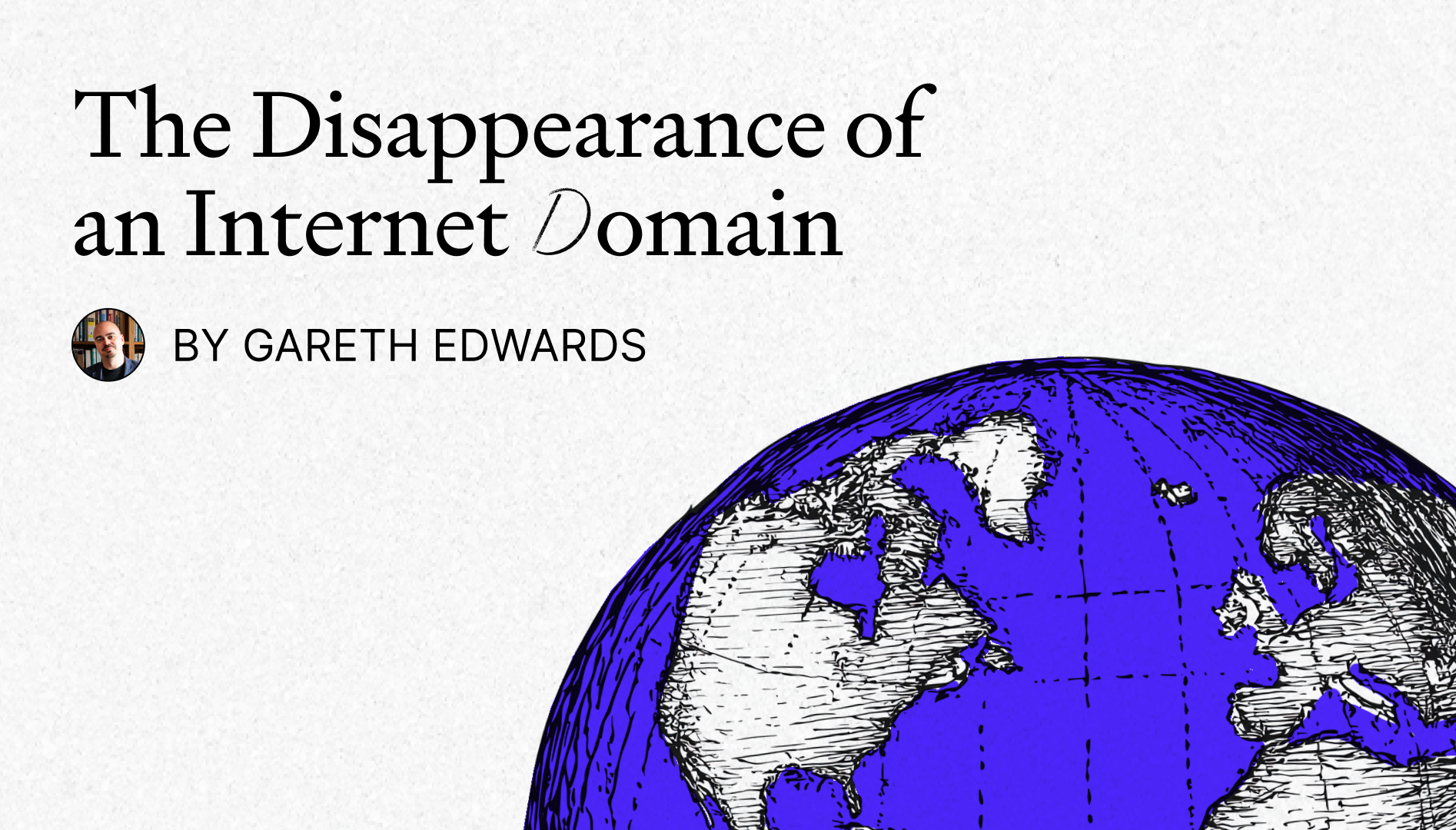


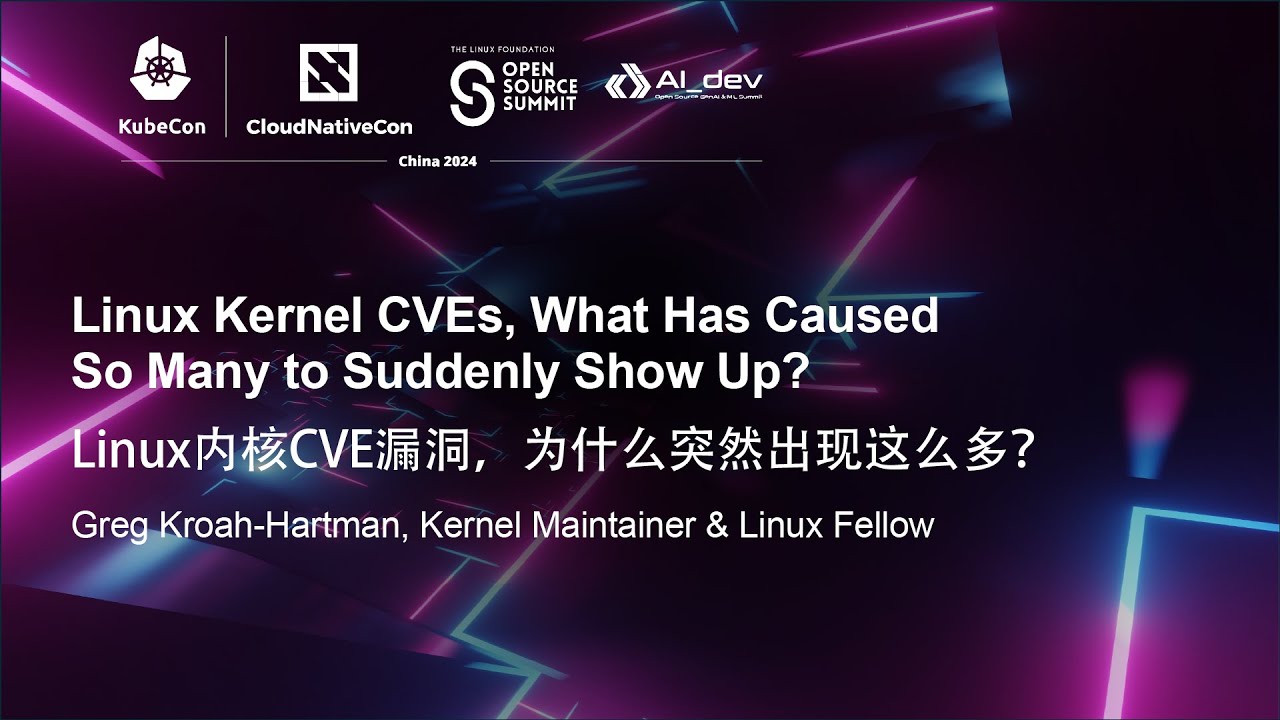
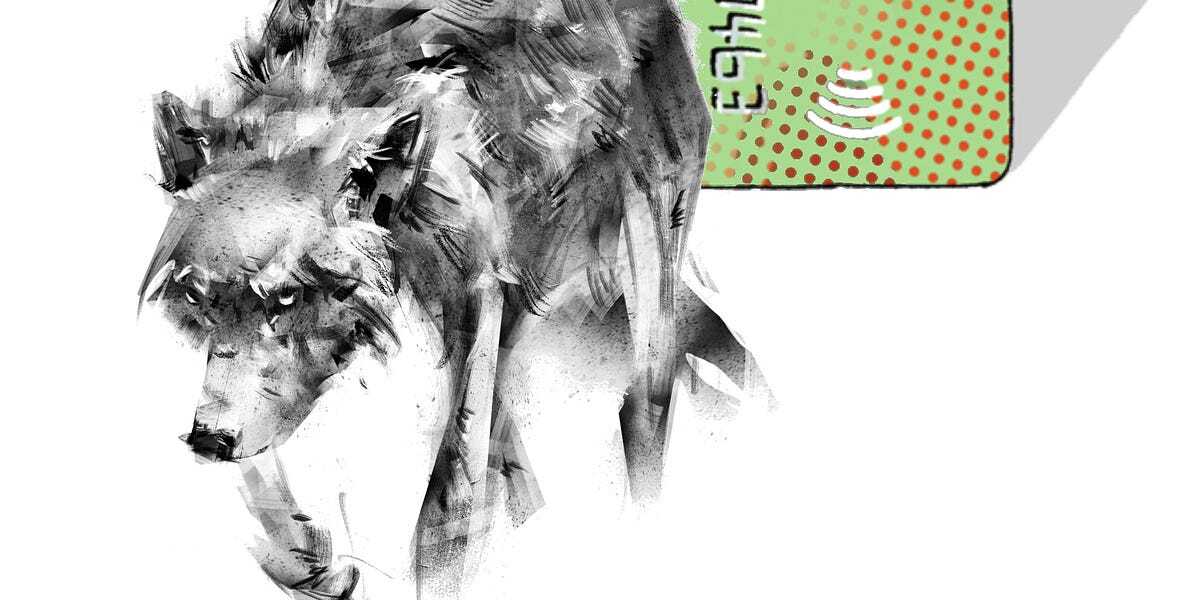




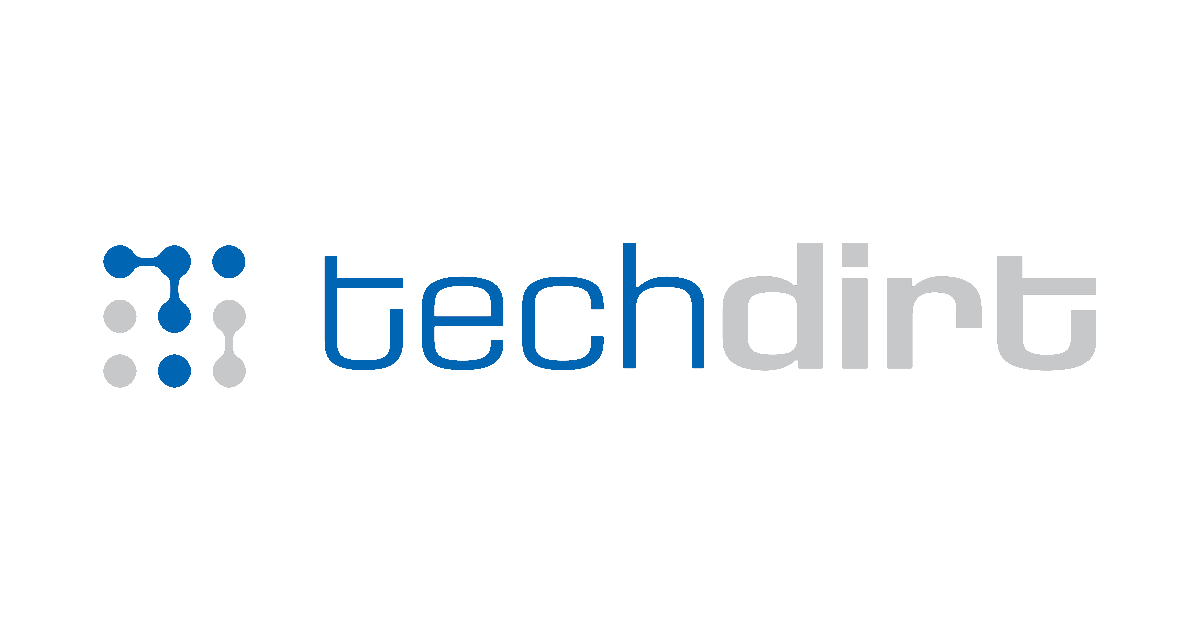




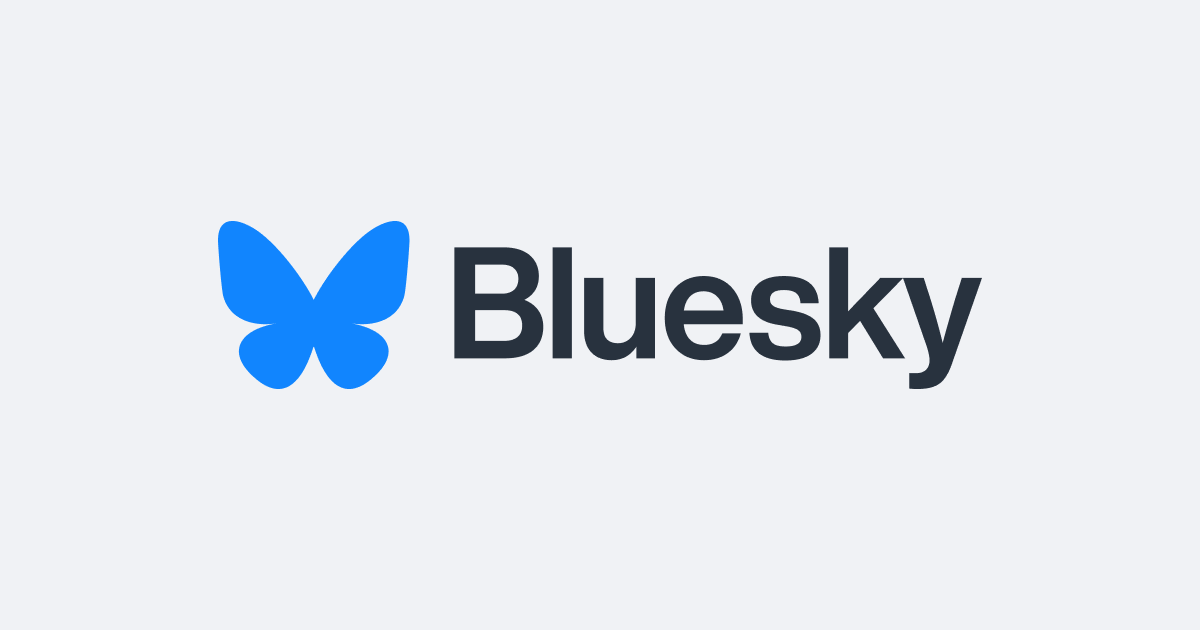
I think it depends which side of the debate one is on?